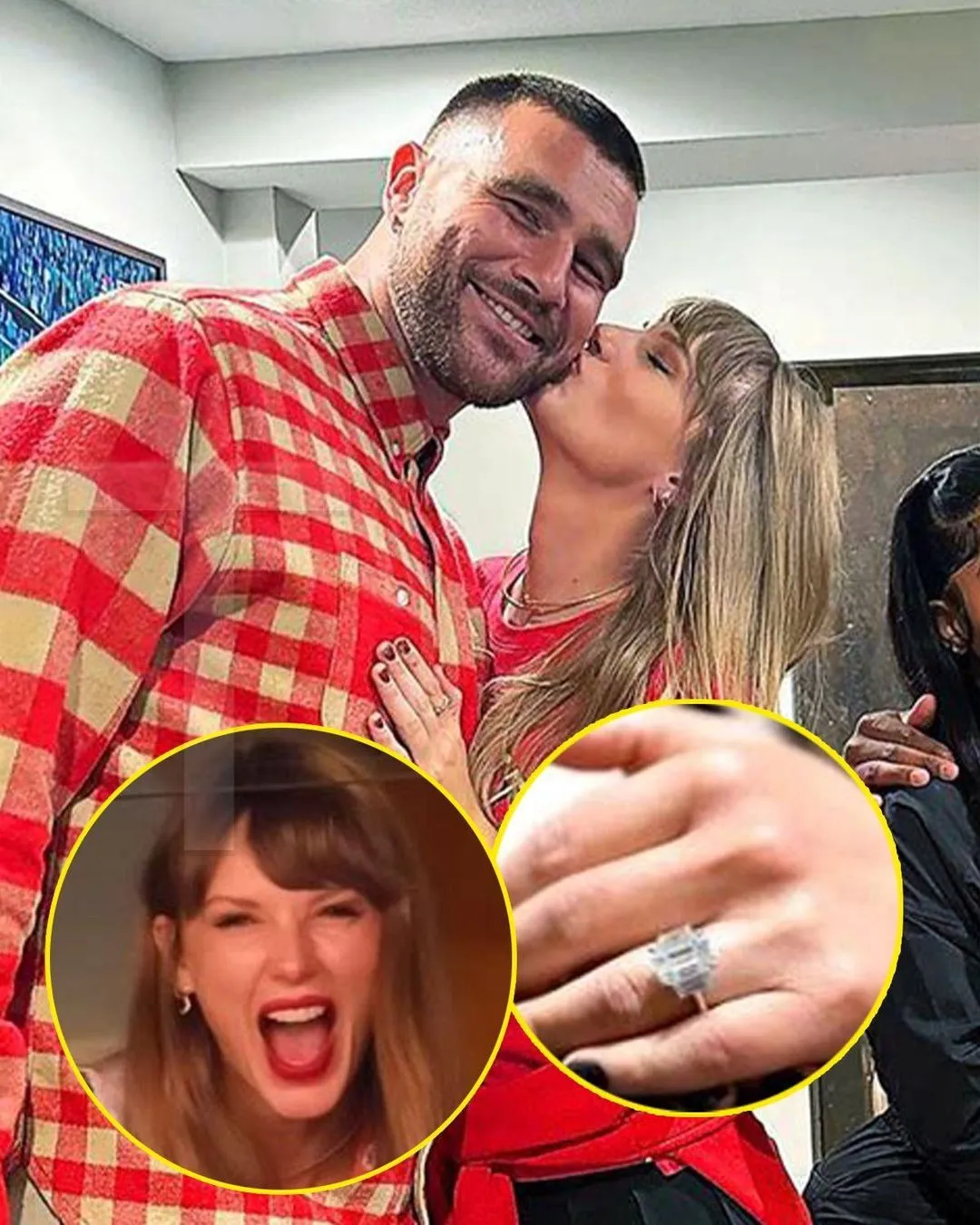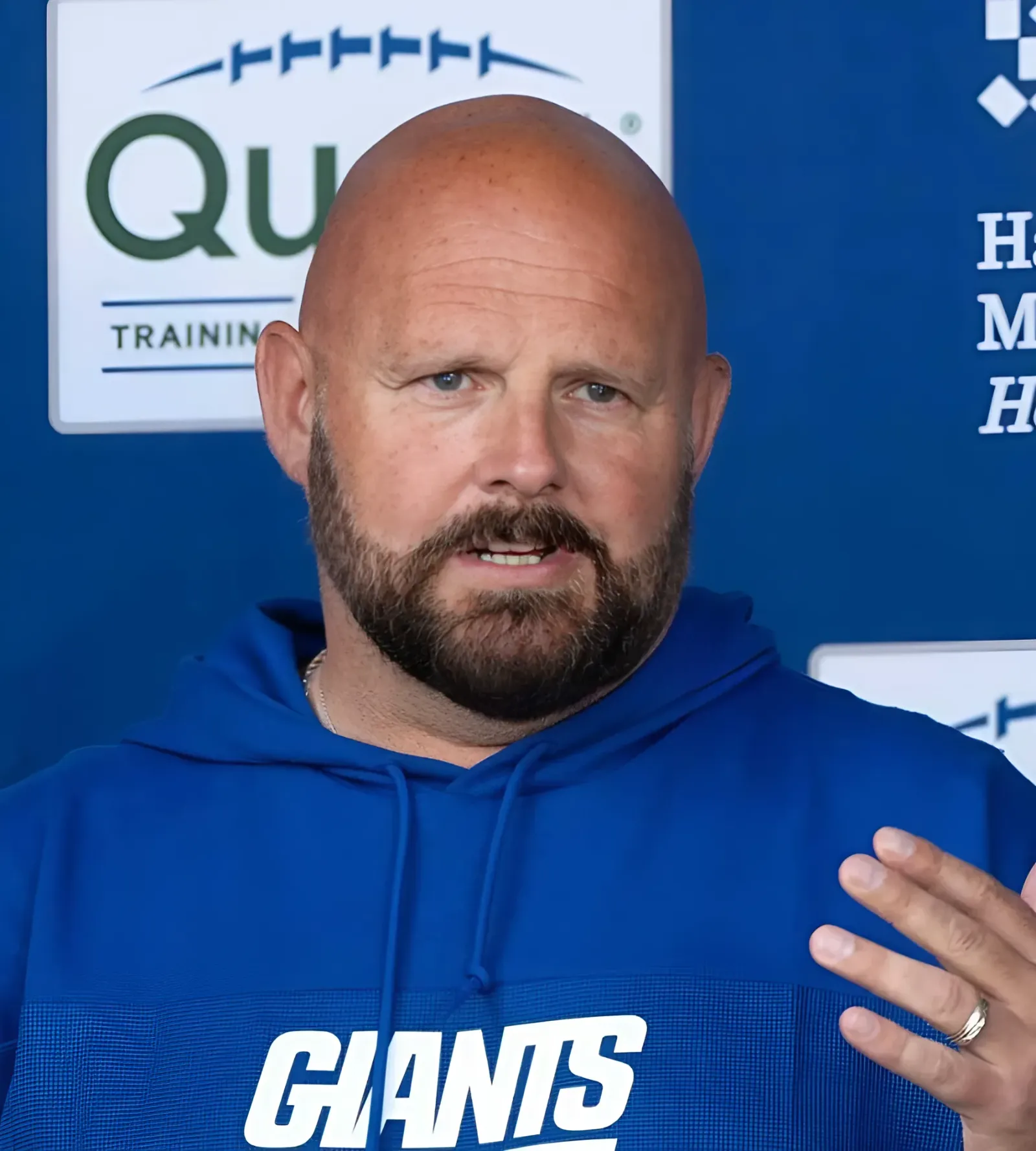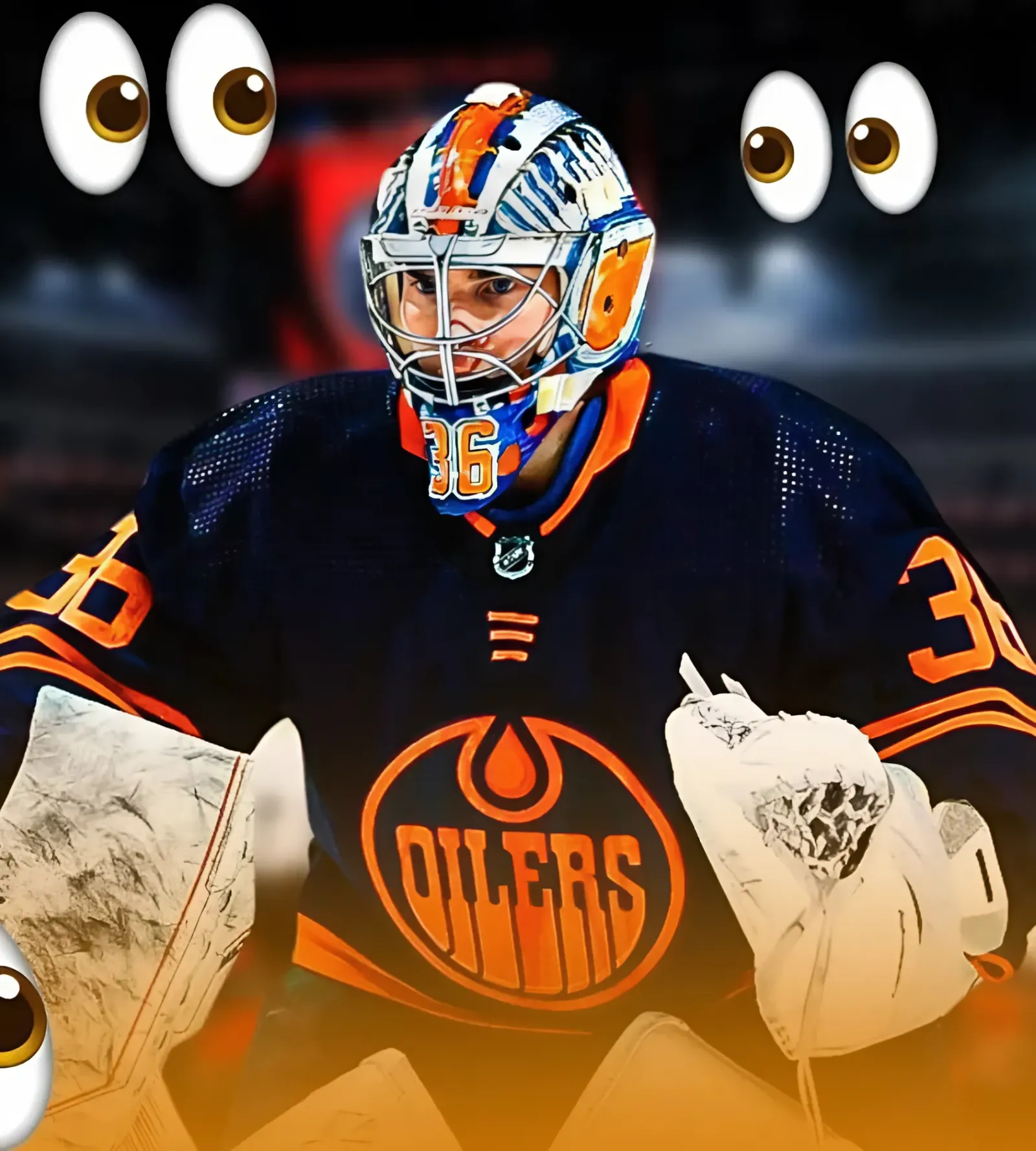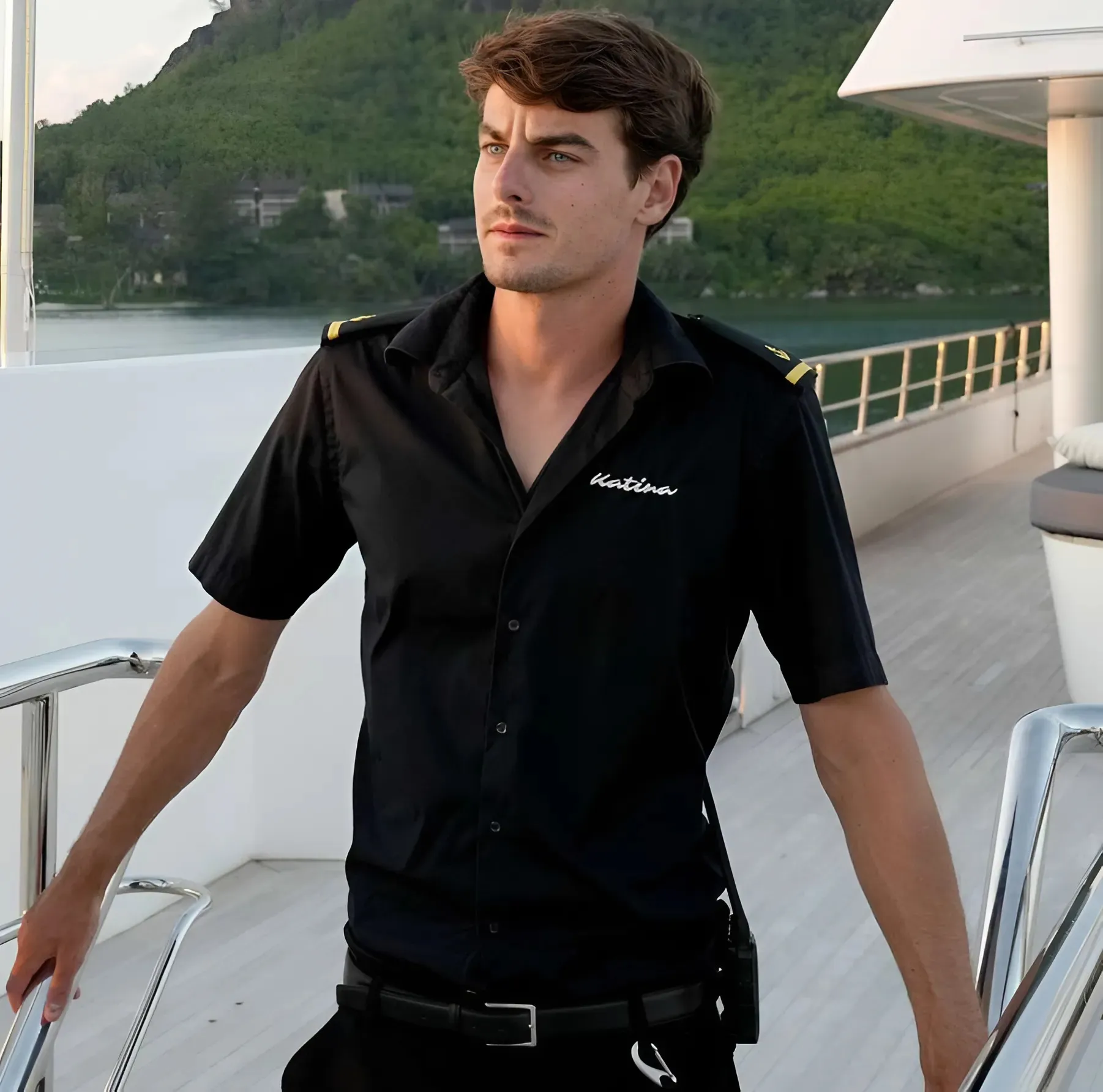CHICAGO - It might just be a coincidence that the Chicago Cubs made their biggest trade in 20 years soon after national baseball writer Ken Rosenthal named Chairman Tom Ricketts and his siblings "Dorks of the Week."

Speaking on a podcast last week, The Athletic's baseball bigfoot used the four-letter word to describe "Cubs ownership" for not acting like a major-market team.
Cubs President Jed Hoyer responded by acquiring Houston Astros superstar Kyle Tucker for three players. It was a bold move, and along with the departures of Willy Adames and Devin Williams from the Milwaukee Brewers, it should vault the Cubs to National League Central favorites.
For Cubs fans, it was a stunning turn of events. They've grown accustomed to the Cubs being runners-up in any pursuit of a major star during hot stove league action - or not even pursuing one. Even Dansby Swanson, their highest-paid player, was ranked fourth out of the four star free-agent shortstops available after 2022.
Acquiring a player of Tucker's caliber was a big coup for Hoyer, who was in desperate need of a big splash entering the final year of his contract. The risk is that Tucker could leave as a free agent next winter, but that's a risk other executives often take, like the New York Yankees did last year in dealing five players for Juan Soto.
Hoyer gave up one top prospect in Cam Smith while keeping Owen Caissie and Matt Shaw. He also sent them Isaac Paredes and Hayden Wesneski, two very expendable players. Paredes, a deadline pickup, hit .233 with a .307 slugging percentage in 52 games with the Cubs; Wesneski, a swingman mostly pitching out of the bullpen, served up 12 home runs in 36 1/3 innings with a 5.70 ERA in 18 games from late May to late September.
It's a worthwhile gamble even if Tucker leaves and Smith becomes a star in 2027.
Hoyer has yet to address the media on the trade, but we can only hope the "dork" comment was the impetus for movement. I'm not sure of the reasoning behind Rosenthal's insult aimed at Tom Ricketts. Did he mean Ricketts was "odd, socially awkward, unstylish," or that he was "annoyingly stupid?" Those are the two definitions of "dork" offered by Merriam-Webster.
Sure, Ricketts may not dress stylishly, and he certainly acts awkwardly on occasion when forced to interact with the media. But in 15 years of observing him since he and his siblings bid on the Cubs, I honestly can say "dork" is not the first word that springs to mind.
I cannot, however, attest to the dorkiness of co-owner Todd Ricketts, Tom's brother, who no doubt will become a U.S. ambassador to a tiny Pacific islands nation in the Trump administration. Todd has laid low since playing the role of a dork selling hot dogs, cleaning toilets and parking cars at Wrigley in a 2010 episode of "Undercover Boss."
But I digress.
No matter the reasoning for the Tucker acquisition, it has become apparent that Tom Ricketts needs Hoyer more than he thinks. Ricketts can surely replace Hoyer as president if the 2025 season is a flop, but finding someone to serve as his personal flak jacket, as Hoyer has been the last four years, is going to take some due diligence.
Hoyer takes the hits for Ricketts, even as he can only spend what Ricketts and president of business operations Crane Kenney hand him. The Cubs ranked seventh in payroll on Saturday at $158.8 million, according to Sportrac, but Ricketts repeatedly has said he doesn't like the idea of paying the luxury tax, so don't expect him to go all "Steve Cohen" any time soon.
Ricketts seems haunted by the Jason Heyward signing, back when former President Theo Epstein paid $184 million for eight years of what turned out to be sparkling defense and the greatest rain-delay speech of all time. On paper, it was a reasonable signing. Heyward had a 6.9 bWAR with the St. Louis Cardinals in 2015. But then he posted a combined 8.9 bWAR in seven seasons in Chicago, and Hoyer released him before Year 8.
Lesson learned? Hoyer unceremoniously dumped Yu Darvish's six-year, $126 million deal when he took over for Epstein in 2020. Swanson's seven-year, $177 million deal in 2022 has been the only nine-figure commitment since.
The jury is still out on that one. Swanson was one of the main reasons for the Cubs' second-half surge in 2023, but his lack of offense in the first half of 2024 contributed to this year's downfall. He also had offseason core surgery, and manager Craig Counsell said Swanson played through a hernia.
Hoyer does what he can to appease his boss, while Cubs fans berate him for not doing enough to try to win. Epstein got the benefit of the doubt in Chicago. Hoyer just gets the doubt.
Now, with Tucker in the fold, Hoyer might trade Cody Bellinger, who has no clear position and $30 million due in 2025. Bellinger could still play first or DH, and it would make for a stronger Cubs lineup. But it would be easier for Hoyer to shed the salary and keep Seiya Suzuki as the primary DH and Michael Busch at first. As of late Saturday, Bellinger was still a Cub.
Shaw is the odds-on favorite to start at third, but Rosenthal proposed the Cubs sign Astros free-agent third baseman Alex Bregman, who is seeking a big payday as he turns 31. Rosenthal didn't call Ricketts a "dork" but suggested he was too cheap to sign Bregman.
"That's the kind of plan the Cubs might actually pursue if owner Tom Ricketts were operating the team as a big-market behemoth rather than an efficient Midwest bank," Rosenthal wrote.
Whatever happens, the rest of the hot stove is meaningless.
The Rosenthal-Ricketts feud is the story to keep an eye on.



